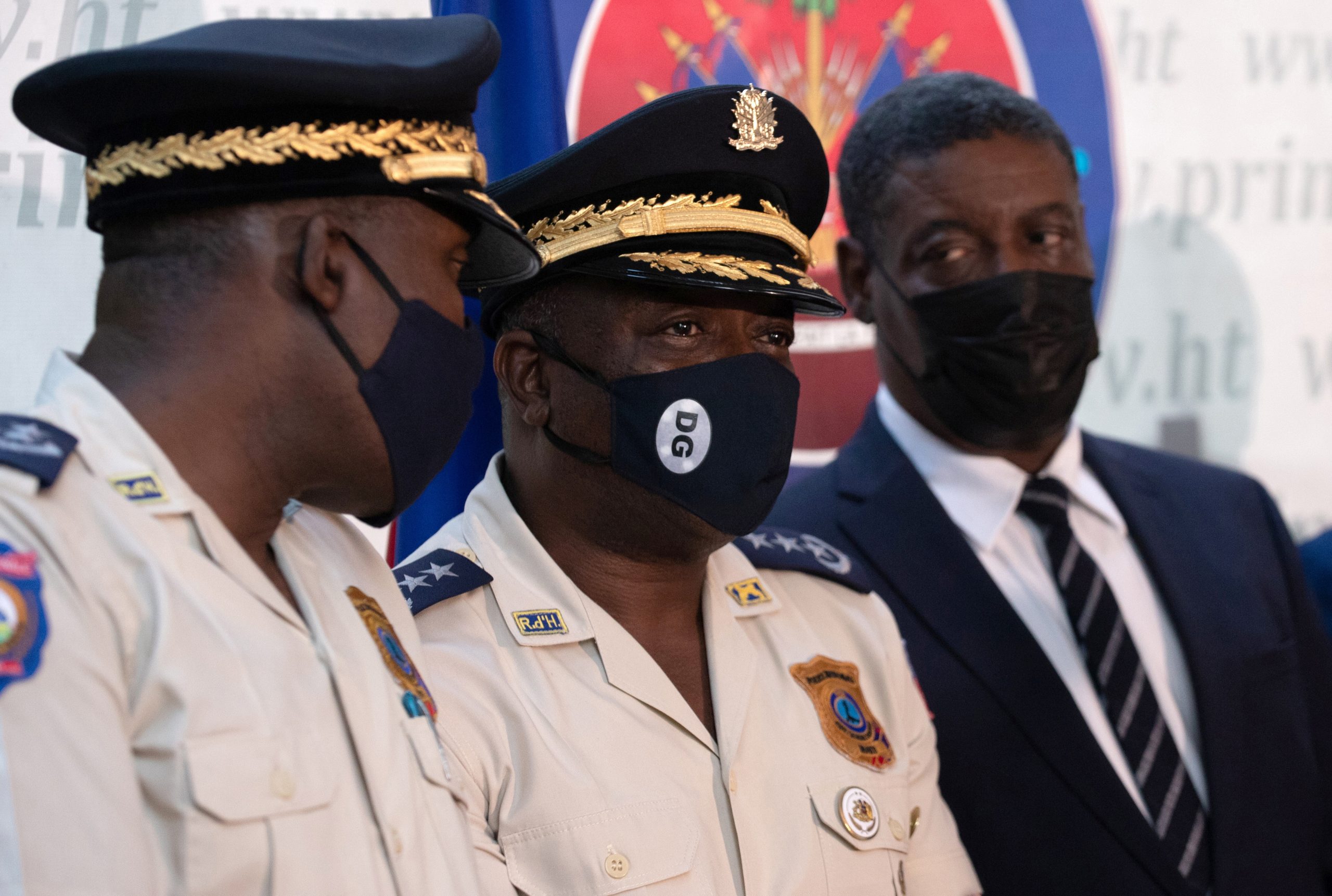
Matt Bush, FISM News
[elfsight_social_share_buttons id=”1″]
The U.S. State Department has warned all American citizens to leave Haiti because of the country’s deepening volatility. The language of the warning lists kidnappings, insecurity, infrastructure challenges, COVID-19, and the inability to receive help from the embassy as reasons for leaving the country immediately.
Haiti: We urge U.S. citizens to make plans to depart Haiti now via commercial means. U.S. citizens should carefully consider the risks of traveling to or remaining in Haiti in light of the current security situation and infrastructure challenges. https://t.co/CtK1GBgTQN pic.twitter.com/3miCuLLf8m
— Travel – State Dept (@TravelGov) November 11, 2021
In the security alert from the US Embassy in Port Au Prince, one sentence shows how dire the situation has become:
The U.S. Embassy is unlikely to be able to assist U.S. citizens in Haiti with departure if commercial options become unavailable.
The embassy clearly has reason to believe that commercial flights could cease and the situation on the ground has made it impossible for the U.S. to evacuate people if/when that happens. The statement is reminiscent of the Afghanistan evacuation crisis and it appears the State Department does not want to have a high profile repeat of Americans stuck in a foreign country.
There has been an unfortunate long list of catastrophes, both man made and not, leading up to this security alert. On July 7, acting President Jovenel Moise was assassinated in his own home. On Aug. 14, a major earthquake hit just off the coast of Les Cayes in the southern peninsula. Most recently, on Oct.16, a group of American missionaries were kidnapped and are still being held hostage.
These are events that made major news cycles in America, however many others have not. Just this past Saturday, as reported by the Miami Herald, the Dean of Students of STEP Seminary in Haiti was shot while driving his car. His young 7-year-old son, who was born in America, was killed while the man and his other son survived and were taken to a local hospital.
Gas shortages have also caused many hospital and medical centers to either stop offering services or to greatly reduce the number of people they can serve. Cell phone and internet providers, largely powered by diesel and gas generators, are losing their ability to provide key communication services due to the shortages as well.
Lener Francois, an employee of an NGO in Gressier said, “The markets are quickly running out of food, and the prices are higher than I have ever seen.” Inflation and shortages of goods are largely due to shipments from Port Au Prince to the rest of the island being held up by gangs who are hijacking trucks and kidnapping drivers.
Warnings and alerts from the State Department to American citizens in Haiti are not uncommon. In fact, 13 security alerts have been issued since October 1. The tone and specific nature of this warning, however, is different and reminds some long-term missionaries in Haiti of similar warnings in 2004 and 1994. In both of these years, the U.S. intervened to help bring peace and stability to Haiti by sending Marines into the capital city.
The newest security alert has led many to believe that the U.S. or U.N. may intervene again.
The situation has turned into a humanitarian crisis. People are not safe, there is little food, no gas, and even clean water is getting more difficult to find. This new warning may be nothing more than a warning, but many in Haiti are hoping that is a sign that the international community is listening and are preparing to step in and help.
